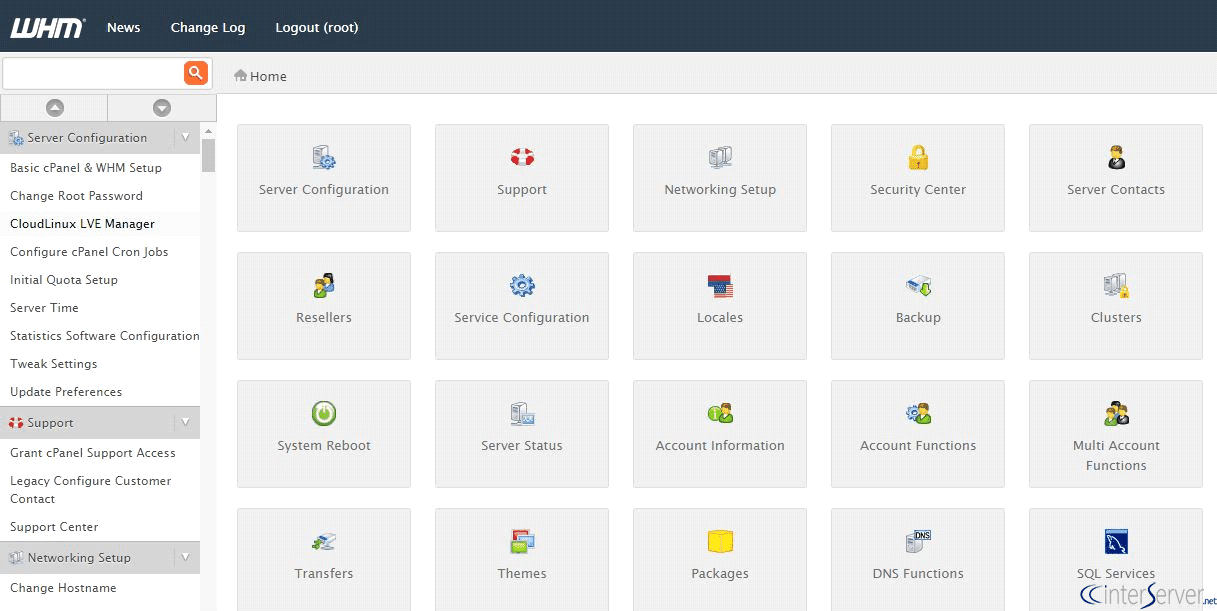In today’s digital landscape, website management is an integral component of any successful online endeavour, and a critical tool in this process is the Hosting Control Panel. But what exactly is a Hosting Control Panel? How has it evolved over time, and how does it facilitate website management?
What is a Hosting Control Panel?
A Hosting Control Panel is a web-based interface provided by a web hosting service that allows users to manage their servers and hosted services. Its main purpose is to offer a convenient, user-friendly means of controlling various aspects of a website, from file management to email setup.
Key Features
Website File Management
A Hosting Control Panel allows users to manage their website files effectively. Users can upload, delete, and edit files, facilitating website updates and maintenance.
Database Management
The Control Panel makes it simple to handle databases, a key component of most websites, especially those running on platforms like WordPress.
Email Management
From creating new email accounts to setting up email forwarders, a Hosting Control Panel streamlines email management tasks.
Domain and DNS Management
Domains and DNS settings are crucial to any website, and a Hosting Control Panel makes it easy to manage these elements.
SSL Management
Install and manage your SSL certificates. Some hosts even offer free SSL certificates.
Security Management
Manage tasks such as Malware Scans, hot link protection, password protection etc.

History and Evolution
In the early days of web hosting, managing a website required substantial technical knowledge. The advent of the Hosting Control Panel marked a significant step forward in making web management more accessible to the average user. Over time, these control panels have become increasingly user-friendly and feature-packed, helping users manage complex tasks with ease.
Popular Hosting Control Panels: A Comparative Analysis
cPanel
cPanel is a widely-used Control Panel known for its extensive features and user-friendly interface.
Plesk
Plesk is another popular choice, offering a more streamlined user interface and strong focus on web security.
DirectAdmin
DirectAdmin, while less feature-rich than cPanel and Plesk, stands out for its simplicity and lower resource usage.
StackCP
StackCP is our tailor-made hosting control panel to give our customers as much control of their domains, hosting, databases and email as they want.
Hosting Control Panel and Website Management
The Hosting Control Panel plays a pivotal role in website management. It simplifies complex tasks, making them accessible to a wider audience. For example, the process of setting up an email on your website or configuring your database becomes much less daunting when using the control panel. The panel’s tools and interfaces are designed to streamline these tasks and make them manageable even for those without extensive technical knowledge.
Pros and Cons
Like any tool, Hosting Control Panels come with their own set of advantages and disadvantages.
Advantages
- Streamlined website management
- Ease of use for non-technical users
- Centralised control over various hosting aspects
Disadvantages
- Potential security vulnerabilities
- Limited control compared to manual server management
- Some control panels may have a steep learning curve
Choosing a Suitable Hosting Control Panel
Selecting the right Control Panel depends on your specific needs and technical prowess. Evaluate your requirements, your level of technical skill, and the specific features you need before making a choice.
Security Implications of Using a Hosting Control Panel
While Hosting Control Panels simplify website management, they can also introduce security risks. It’s essential to ensure the control panel is regularly updated and secured with strong credentials. We’d always suggest using 2FA and enforcing strong passwords. Our articles on “2 Factor Authentication” and “Choosing Good Passwords” provide useful tips for enhancing your security.
Future Trends
With the rapid advancements in technology, Hosting Control Panels are set to evolve and offer more sophisticated features, further simplifying website management. The future will likely see more integration with cloud services, enhanced security features, and greater customisation options.
Conclusion
The Hosting Control Panel has revolutionised the process of website management, making it accessible to a wider audience. As we move forward, this tool’s role will only become more pivotal, making it an essential part of any web professional’s toolkit. Whether you’re a web developer or a small business owner looking to maintain your online presence, an understanding is crucial in the modern digital landscape.








